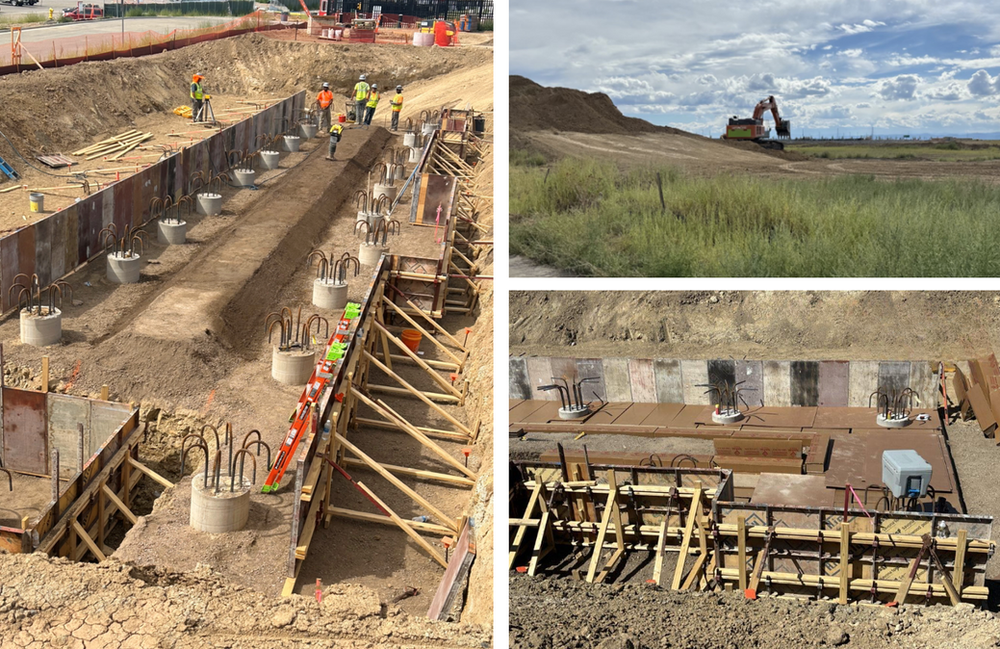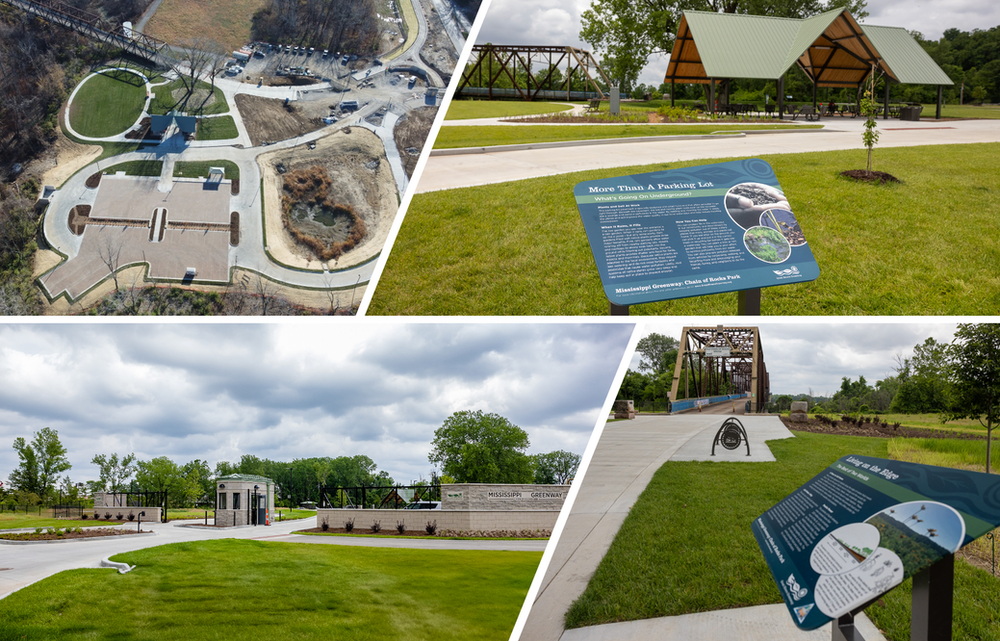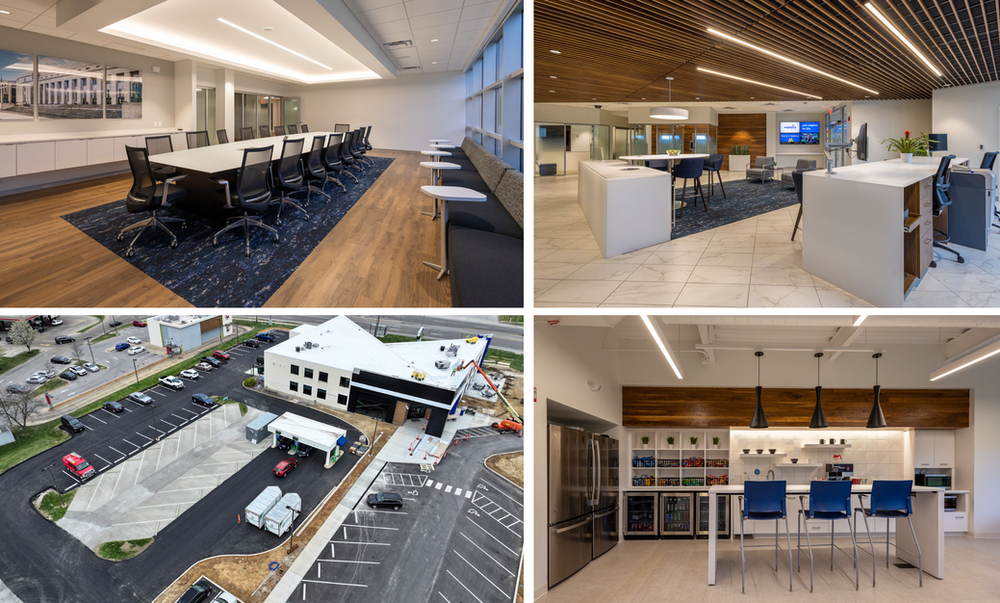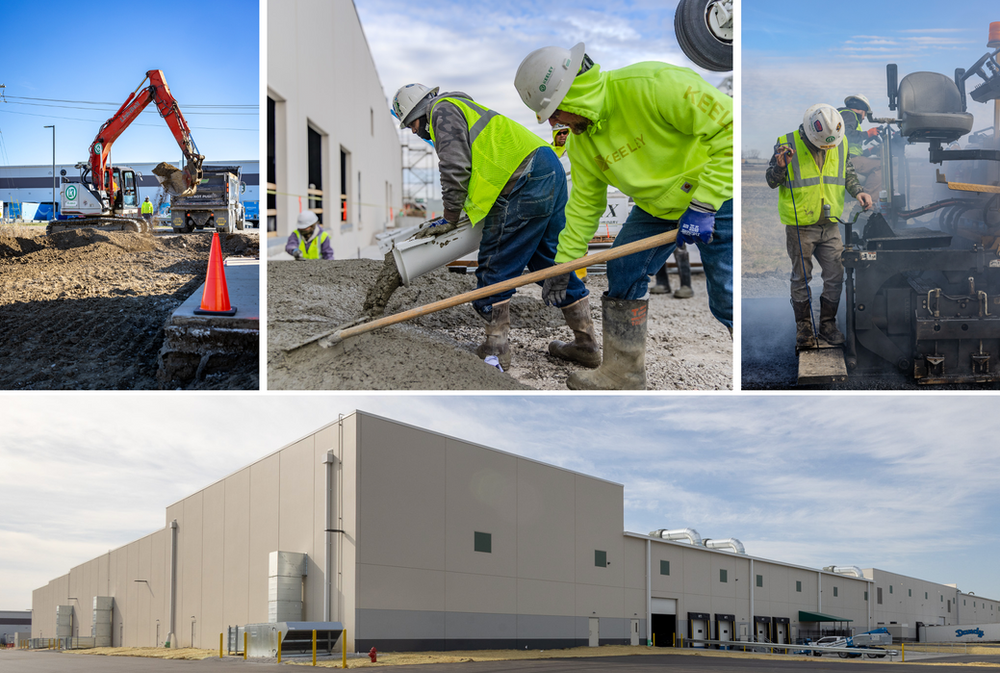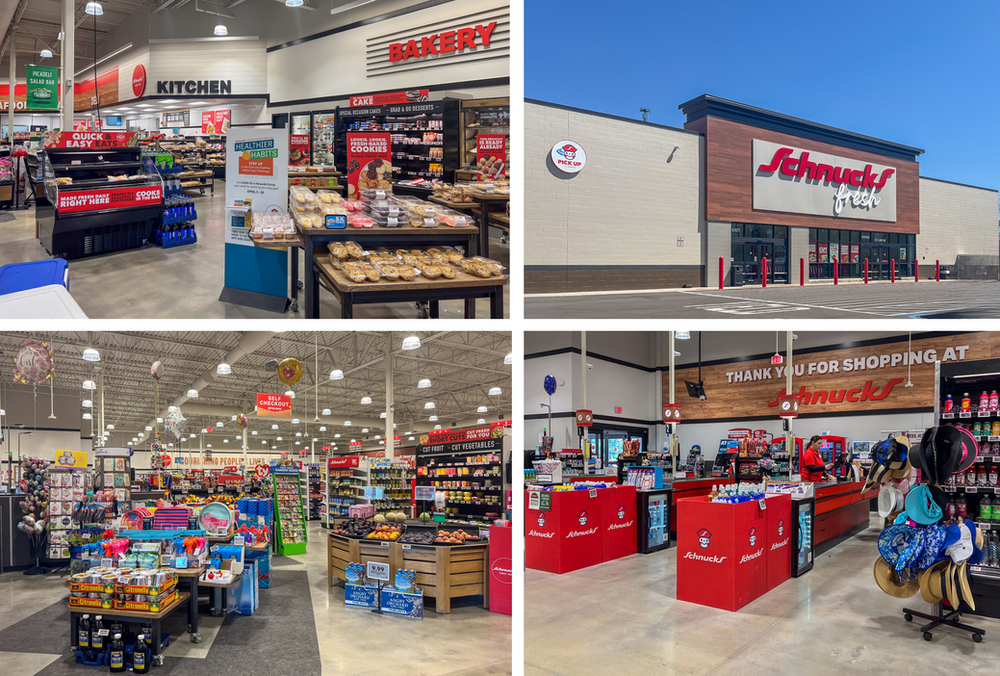Navigating the Phases of Construction Projects: A Comprehensive Guide
Construction projects are intricate endeavors that require meticulous planning, coordination, and execution. They are typically divided into distinct phases, each with its own unique set of tasks, goals, and challenges. Understanding these phases of construction projects is crucial for successful project management and completion.
Project Initiation
The initiation phase of construction projects marks the beginning of the journey. During this stage, project stakeholders identify their need for the project, define its objectives, and conduct preliminary feasibility studies. Key activities in this phase include:
·Needs Assessment : Identifying the underlying reasons for the project, such as infrastructure upgrades or expansion.
·Feasibility Studies: Evaluating the economic, legal, and technical feasibility of the project.
·Project Charter: Creating a formal document that outlines project objectives and establishes the authority to proceed.
Project Planning
Once the project is approved in the initiation phase, it moves into the planning phase. This is where the detailed planning takes place, setting the foundation for the entire project. Activities in this phase involve:
·Scope Definition: Clearly defining the project's scope, objectives, and deliverables.
·Budgeting: Allocating financial resources and estimating costs for the project.
·Scheduling: Developing a timeline and project schedule, including milestones and deadlines.
·Risk Assessment: Identifying potential risks and developing strategies to mitigate them.
Design Phase
In the design phase, architects and engineers transform project concepts into detailed plans and specifications. This phase is critical as it serves as the blueprint for construction. Key activities include:
·Architectural Design: Creating detailed architectural plans and drawings.
·Engineering Design: Developing engineering specifications, structural plans, and mechanical systems.
·Permitting: Obtaining the necessary permits and approvals from regulatory authorities.
Pre-Construction Phase
Before actual construction begins, the project goes through the pre-construction phase. This phase includes activities that prepare the site and ensure that all necessary resources and approvals are in place. Key pre-construction tasks are:
·Site Preparation: Clearing, grading, and leveling the construction site.
·Procurement: Procuring materials, equipment, and subcontractor services.
·Quality Control: Setting up quality assurance processes and standards.
·Safety Planning: Developing safety protocols and procedures for the construction site and team members.
Construction Phase
The construction phase is where the project truly comes to life. It involves the physical construction of the structure or infrastructure. This phase is characterized by hands-on activities, including:
·Site Mobilization: Setting up construction offices, equipment, and facilities on-site.
·Construction Execution: Building the project according to the approved plans and specifications.
·Quality Control and Assurance: Continuously monitoring and inspecting work to ensure compliance with quality and safety standards.
·Progress Reporting: Tracking project progress and making adjustments as needed.
Testing and Commissioning
After the construction phase, the project enters the testing and commissioning phase. This is a crucial step in ensuring that all systems and components of the project function as intended before full completion. Key activities include:
·System Testing: Testing electrical, mechanical, and plumbing systems.
·Functional Testing: Ensuring that all equipment and components are fully operational.
·Training: Training end-users and operators on how to utilize and maintain the facility.
·Documentation: Compiling all project documentation and records.
Handover and Closeout
The handover and closeout phase marks the final stages of the project. It involves transferring the completed project to the client and concluding all project-related activities. Activities in this phase include:
·Client Acceptance: The client reviews the project and approves it for occupancy or use.
·Punch List: Addressing any outstanding issues or deficiencies identified by the client.
·Final Documentation: Providing the client with all project documentation, including as-built drawings and warranties.
·Project Closeout: Officially closing out the project, including financial reconciliation and releasing any remaining retainage.
Post-Construction and Maintenance
Even after the project is completed and handed over to the client, there is often a post-construction and maintenance phase. During this time, routine maintenance and inspections are conducted to ensure the long-term functionality of the project. Key activities include:
·Warranty Period: Addressing any warranty claims or defects that may arise.
·Preventive Maintenance: Implementing a maintenance schedule to prolong the life of the facility.
·Client Support: Providing ongoing support to the client for any questions or issues.
Conclusion
Understanding the various phases of construction projects is essential for effective project management and successful project outcomes. Each phase plays a vital role in the overall project lifecycle, from initial concept to project completion and beyond. By carefully navigating these phases, project stakeholders can ensure that construction projects are delivered on time, within budget, and to the satisfaction of all involved parties. Whether you are a project manager, owner, or contractor, a solid grasp of these phases is key to achieving project success.


